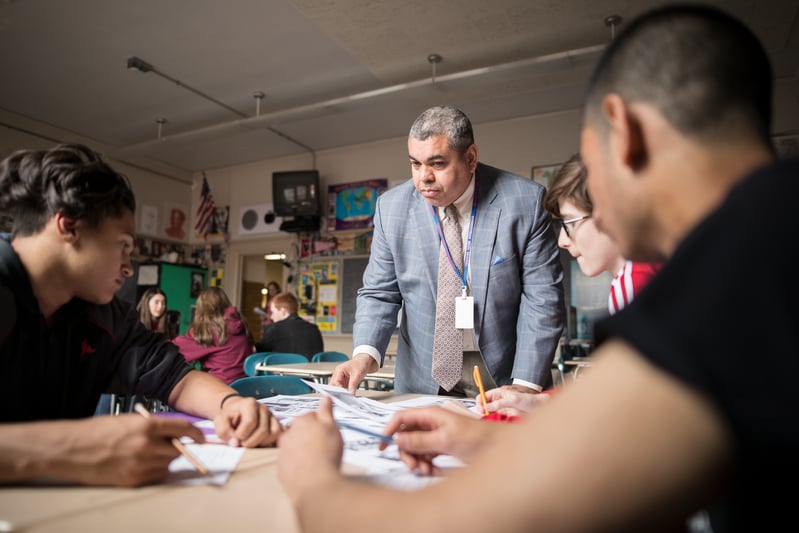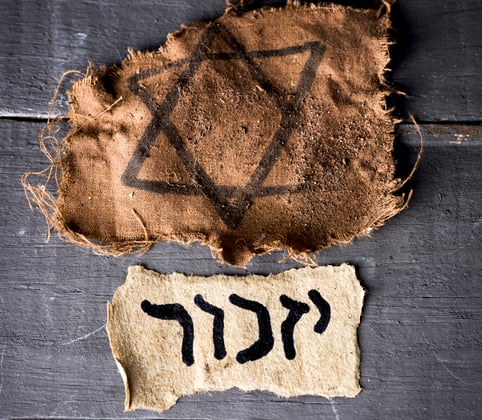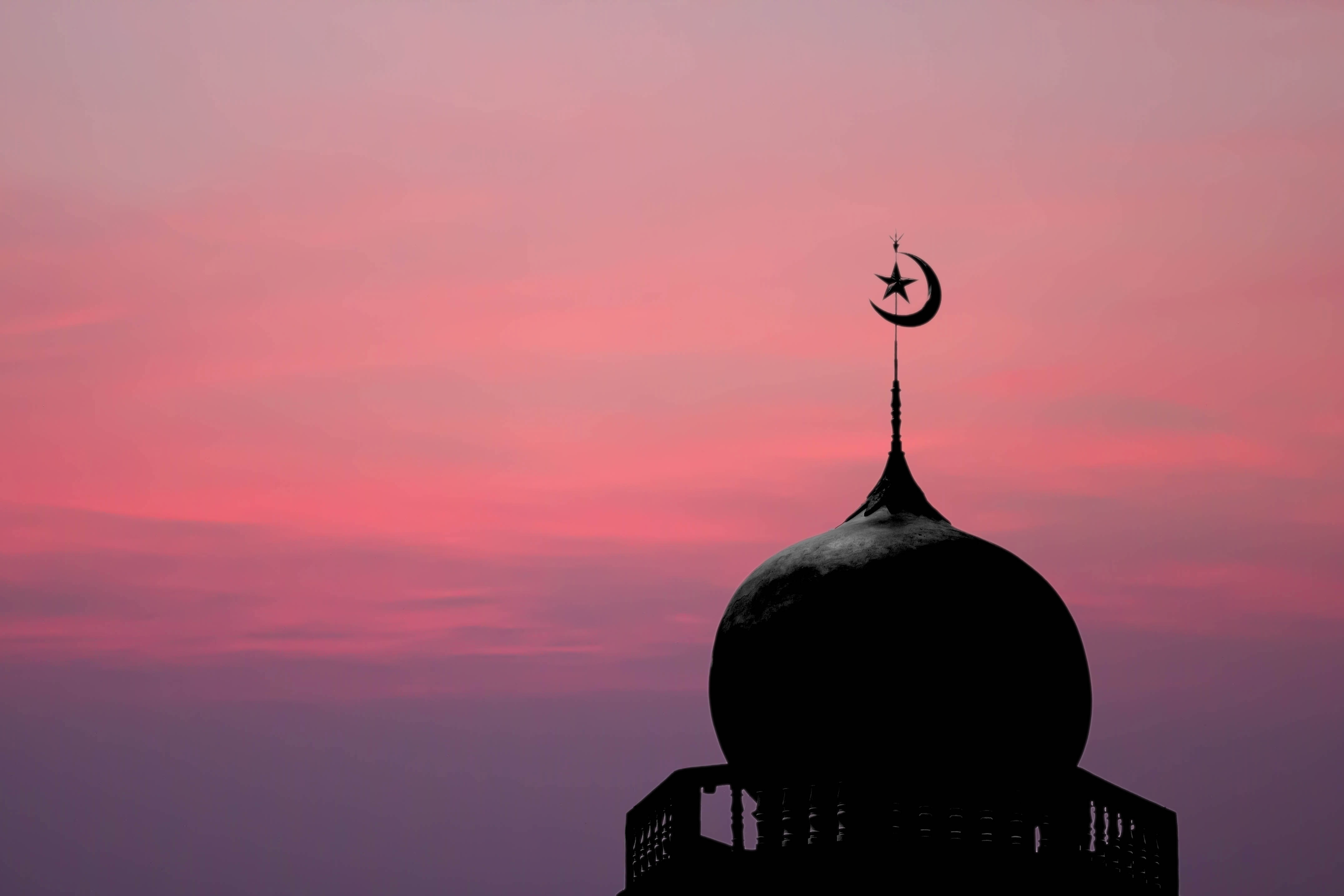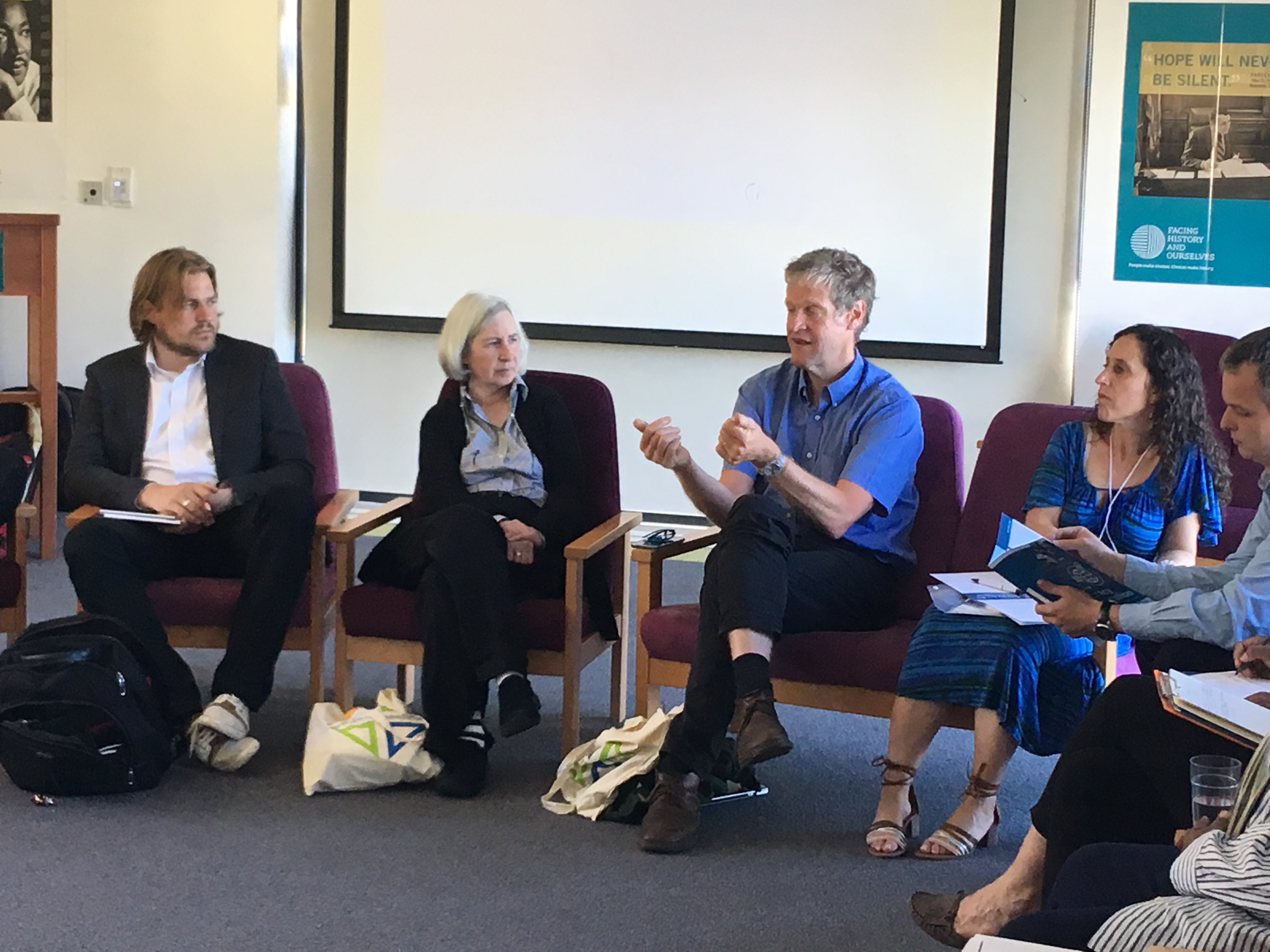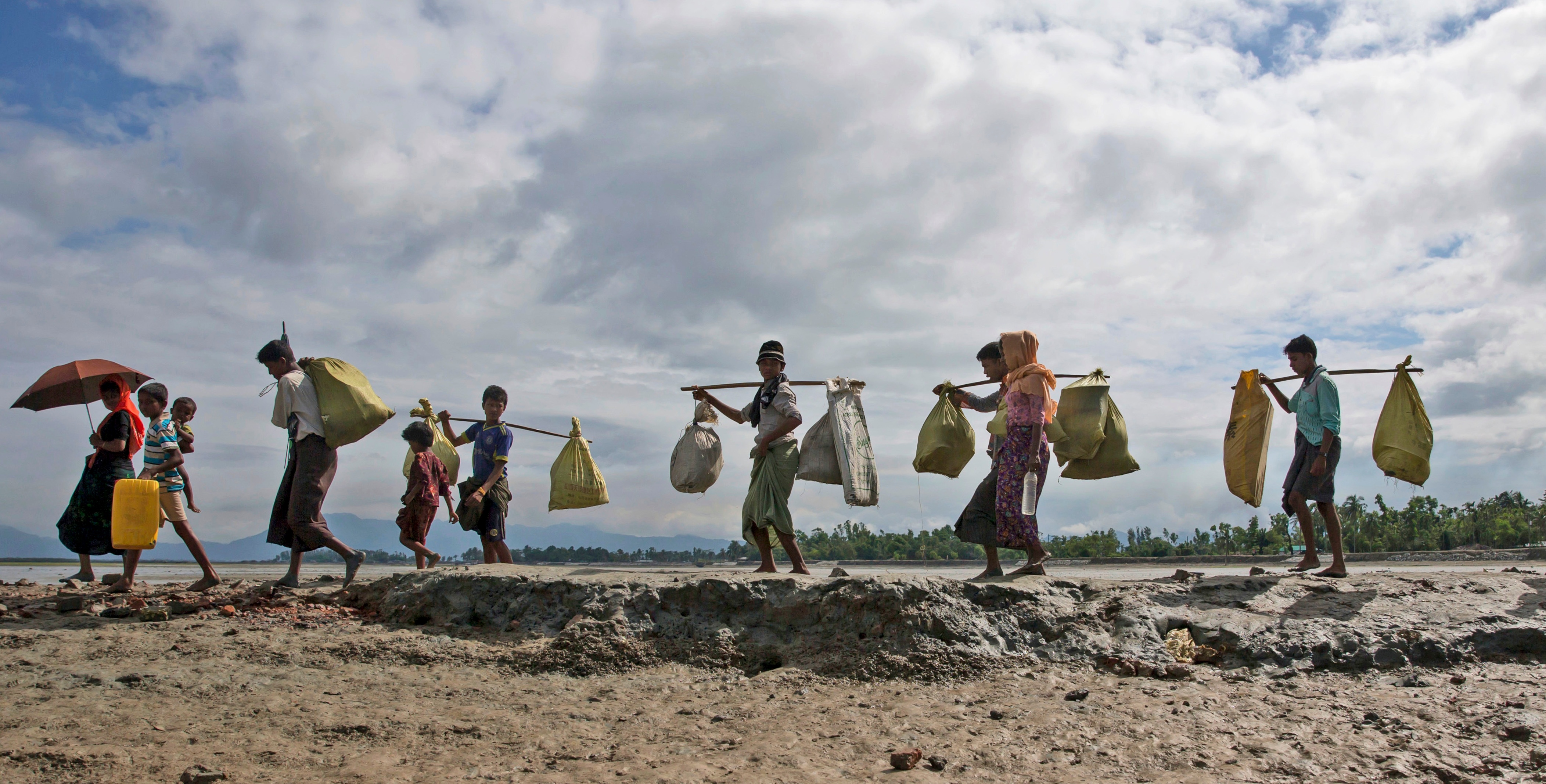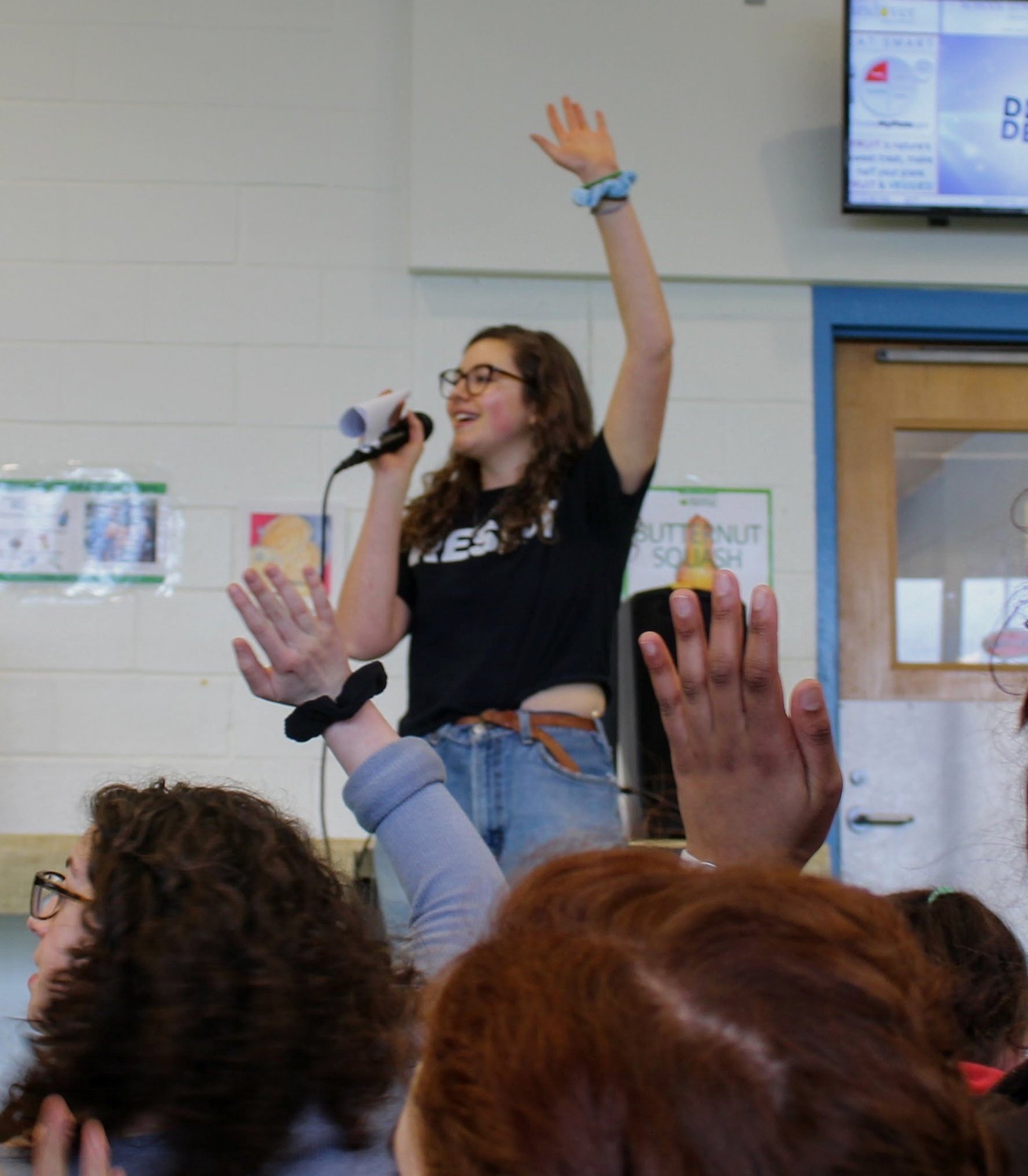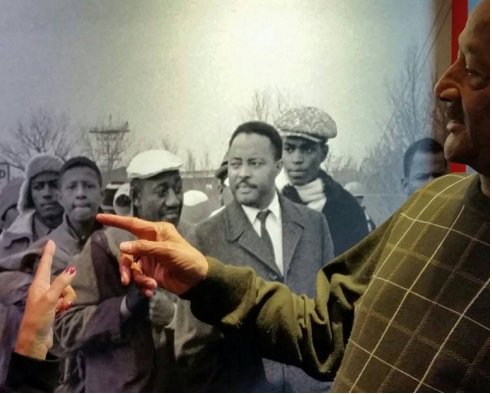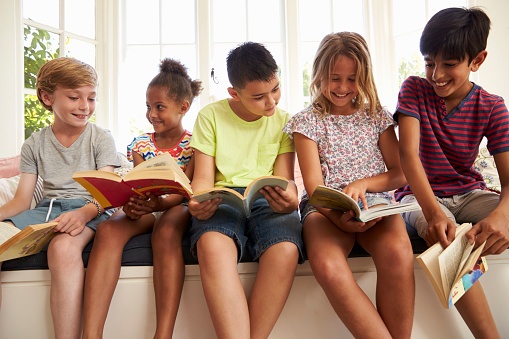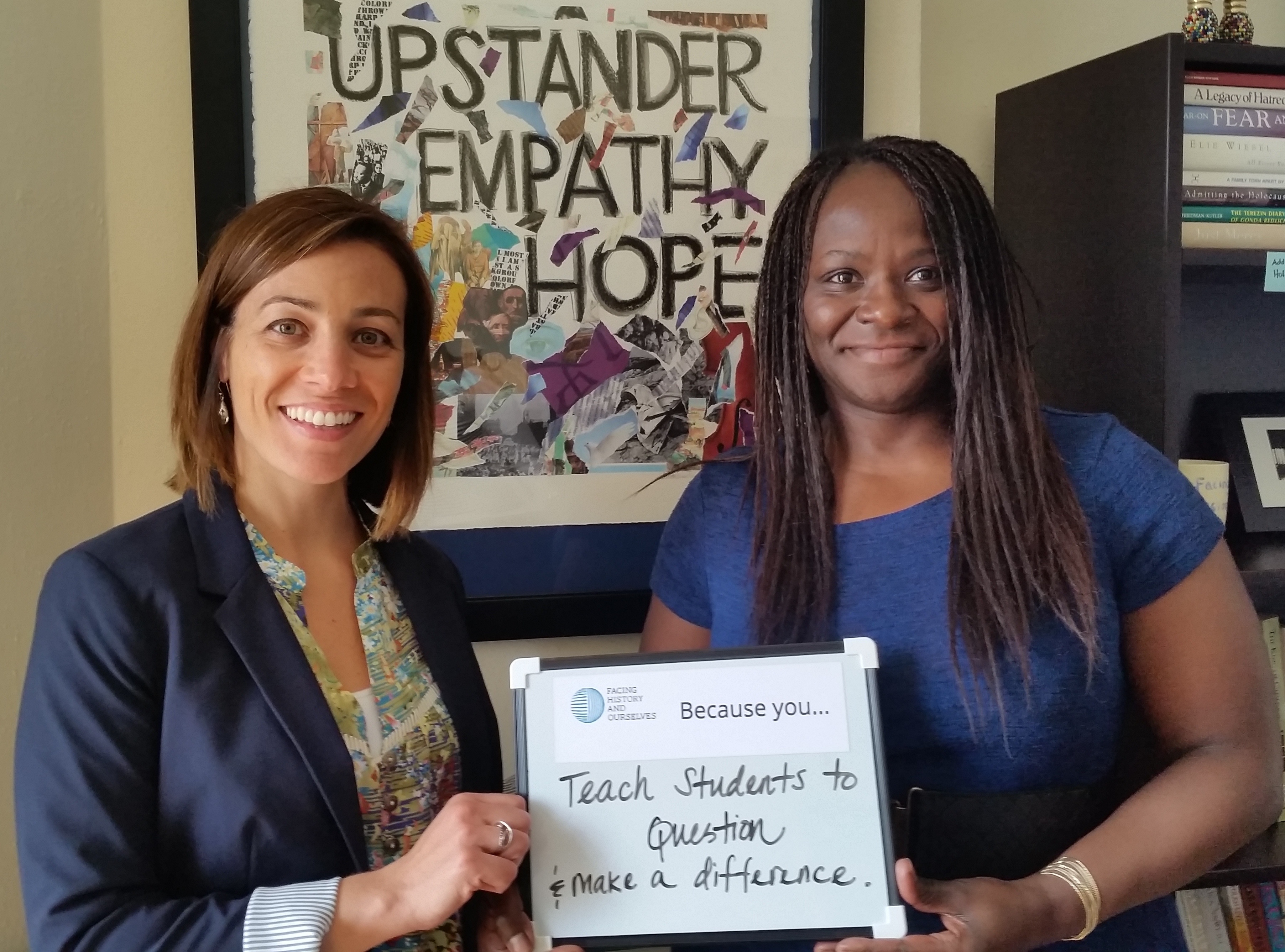In the United States, the notion that public schools should prepare young people for the rights and responsibilities of democratic life is both a platitude and a political lightning rod. Most Americans broadly support the idea of civic education. In a 2020 poll of more than 1000 Americans about prospects for healing national divides, both conservatives and liberals identified civic education as the single most promising solution among a range of possible options. This consensus tends to fall apart, however, when it comes to the specific goals, content and methods of civics instruction, and many efforts to improve civic education are beset by partisan controversy. These challenges are compounded by systematic under-investment: at the federal level, we spend just $0.05 per student per year on civic education, compared to $50 per student on STEM.
Laura Tavares
Recent Posts
How do we talk about issues that matter? The exchange of ideas, perspectives and arguments is essential to democracy and humane societies. As philosopher Hannah Arendt argued in Men in Dark Times,
Topics: civil discourse
On January 27, we observe International Holocaust Remembrance Day. First designated by the United Nations in 2005, this commemoration coincides with the anniversary of the liberation of Auschwitz-Birkenau in 1945. Around the world, people will gather at sites of memory, listen as survivors share their harrowing stories, and honor victims. Like many commemorations, International Holocaust Remembrance Day looks simultaneously backwards and forwards, linking memory of the past with a mandate to educate and a call to conscience in the present.
Topics: Memory, Identity, Holocaust and Human Behaviour
Help Your Students Reflect on the New Zealand Mosque Shootings
Posted by Laura Tavares on March 15, 2019
On Friday, March 15, 50 people were murdered in a terror attack on two mosques in Christchurch, New Zealand. We mourn the victims, killed when they had come to pray in sacred spaces, and we are filled with sadness for those who have lost friends and loved ones. News of the horrific attacks has spread around the world, in many places emerging during the school day or just as students and teachers arrived in classrooms. Once again, as we all face news of devastating violence, educators have the added task of helping young people to process, understand, and reflect.
Topics: global terrorism, white supremacy, islamophobia
During an unusually sunny week in early July, 22 leaders of educational organizations gathered in Northern Ireland for Facing History and Ourselves’ Global Summit on Democracy and Education. We hailed from ten countries spanning most corners of the globe. Some came from places with deep democratic traditions, like Australia and the Netherlands, while others represented newer democracies like South Africa and the Czech Republic, or societies emerging from periods of violent conflict, like Colombia and Northern Ireland itself.
Topics: Democracy
This piece was originally published before the Elie Wiesel Genocide and Atrocities Prevention Act became law in 2019.
As the school year draws to a close, students and teachers in Facing History and Ourselves classrooms are exploring the theme of “Choosing to Participate.” After delving deeply into historical case studies, from The Reconstruction Era and the Fragility of Democracy to Holocaust and Human Behavior, they’re asking an important question: How does history educate me about my responsibilities today?
Topics: Genocide/Collective Violence
How One Facing History Student is Embracing Student Activism
Posted by Laura Tavares on March 23, 2018
Charlotte Lowell, a Facing History senior at Andover High School in Andover, Massachusetts is using her voice after the Parkland school shooting. The 17 year old led a student sit-in at her school to discuss gun violence and how the country is currently addressing the issue. Now she’s getting ready to participate in the March For Our Lives this Saturday. She even spoke about her activism on the nationally syndicated NPR show, On Point. As a student leader of the Boston branch, she’s been busy organizing with adult activists, student organizers, and other community workers to get as many people as they can involved. Here’s what she had to say about her new role as a student activist.
Topics: current events
Student Activism: From the Civil Rights Movement to Parkland Today
Posted by Laura Tavares on March 7, 2018
On March 7, 1965, 17 year old Charles Mauldin took his place near the front of a line of marchers heading out of Selma, Alabama with a demand for equal voting rights. The peaceful marchers were brutally assaulted by local law enforcement; Mauldin was so close to John Lewis that he still remembers the sound of an officer’s billy club cracking Lewis’ skull. The drama of the Selma to Montgomery march transfixed Americans and was a pivotal moment in the struggle for civil rights. In 2015, the 50th anniversary of the march, Mauldin looked back at his experiences, including at photos of him at the march. Now, as student activists are drawing national attention with their calls for reform in the wake of the Parkland school shooting, Charles Mauldin reflects on the power of young people to spark social change and offers his insights for today’s emerging activists.
Topics: Civil Rights Movement
Spark Conversation About Democracy With This Book List For All Ages
Posted by Laura Tavares on June 13, 2017
The school year is finally winding down and it’s a been tough one. We’ve had deep and difficult conversations in classrooms sparked by divisive elections, social tensions, and rising incidents of hate in the US and around the world. Events from this past year prompted Facing History to ask “What Makes Democracy Work?” in our weekly series exploring democracy, leadership, and civic responsibility. And we know that even as class lets out for the summer, we’ll all still have lingering questions about these issues on our minds.
That’s why we partnered with School Library Journal to create a book list that helps us all—educators, students, and parents—reflect on these questions over the summer months.
Topics: Democracy, Reading List
For the past three weeks, we’ve been exploring the question “What Makes Democracy Work?” with scholars, activists, and thought leaders whose insights and stories teach us about what it takes to sustain democracy. Each Thursday we post new podcasts, essays, and related classroom resources, which can all be found on our "What Makes Democracy Work?" webpage. This week, in honor of Teacher Appreciation Day, we’re saying thank you to the teachers who nurture democracy in their classrooms every day.
Topics: Democracy

